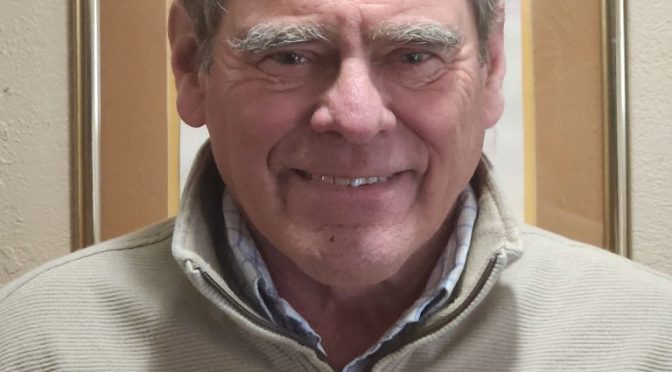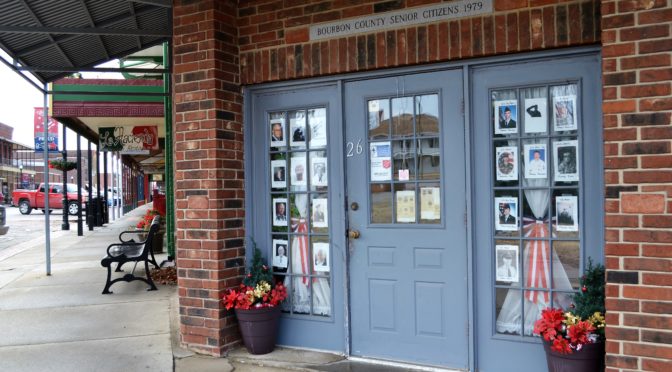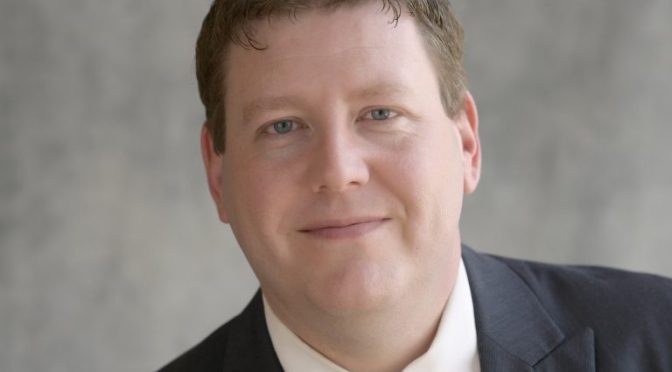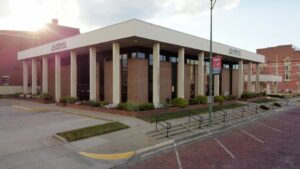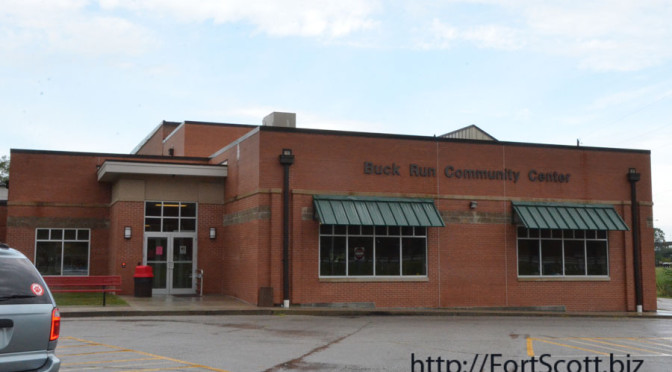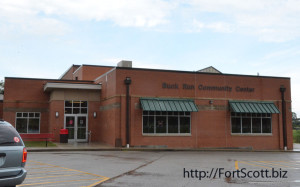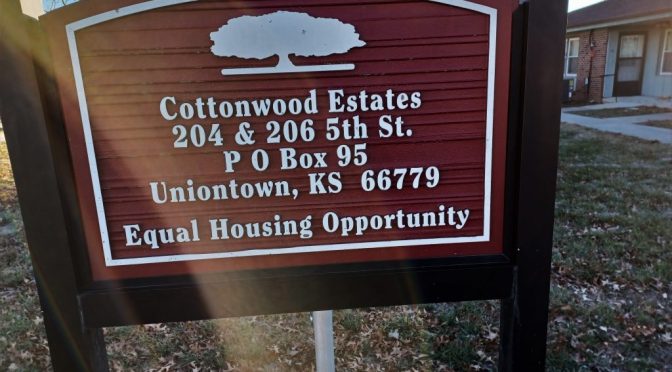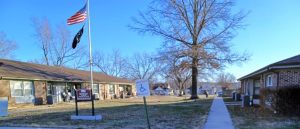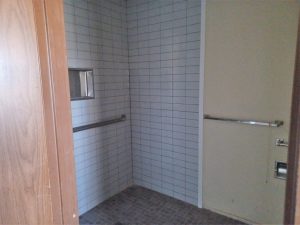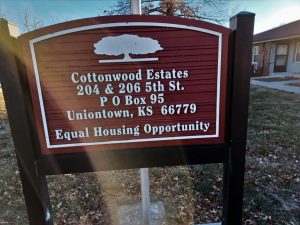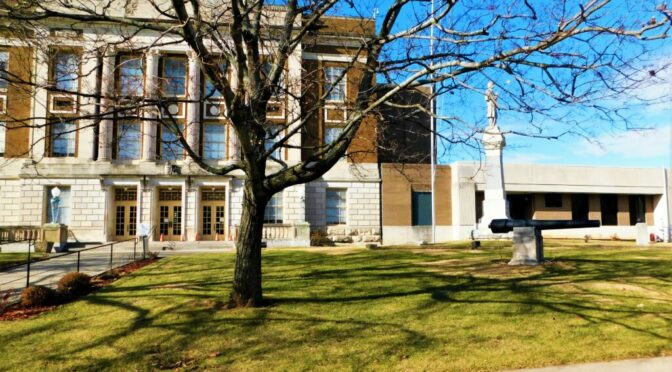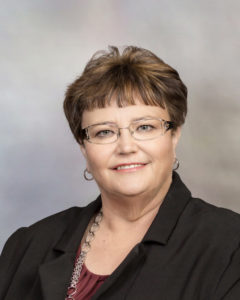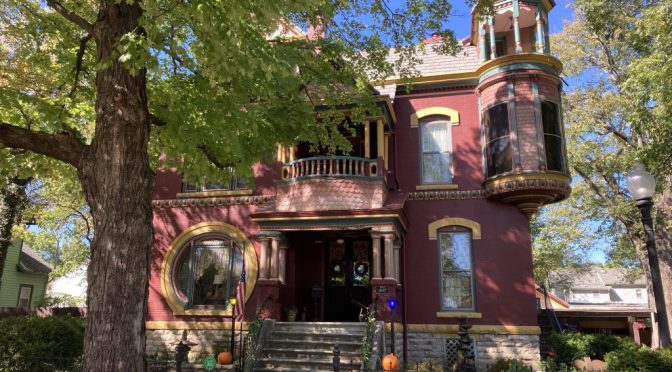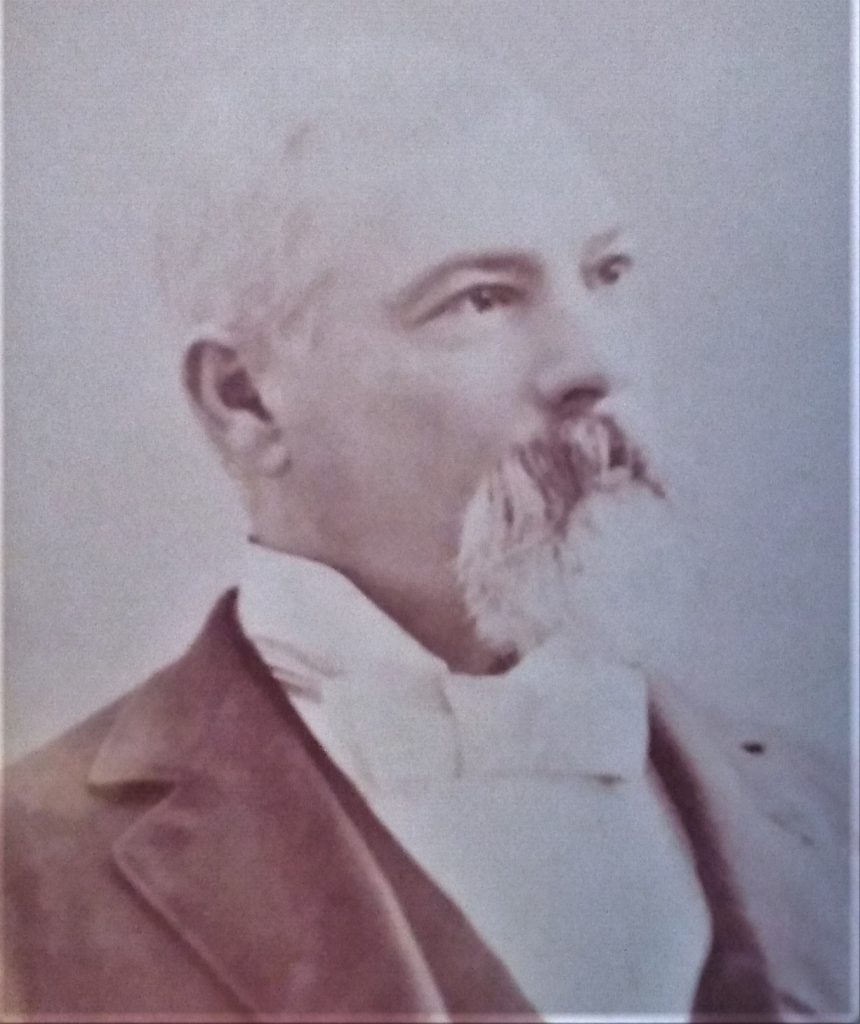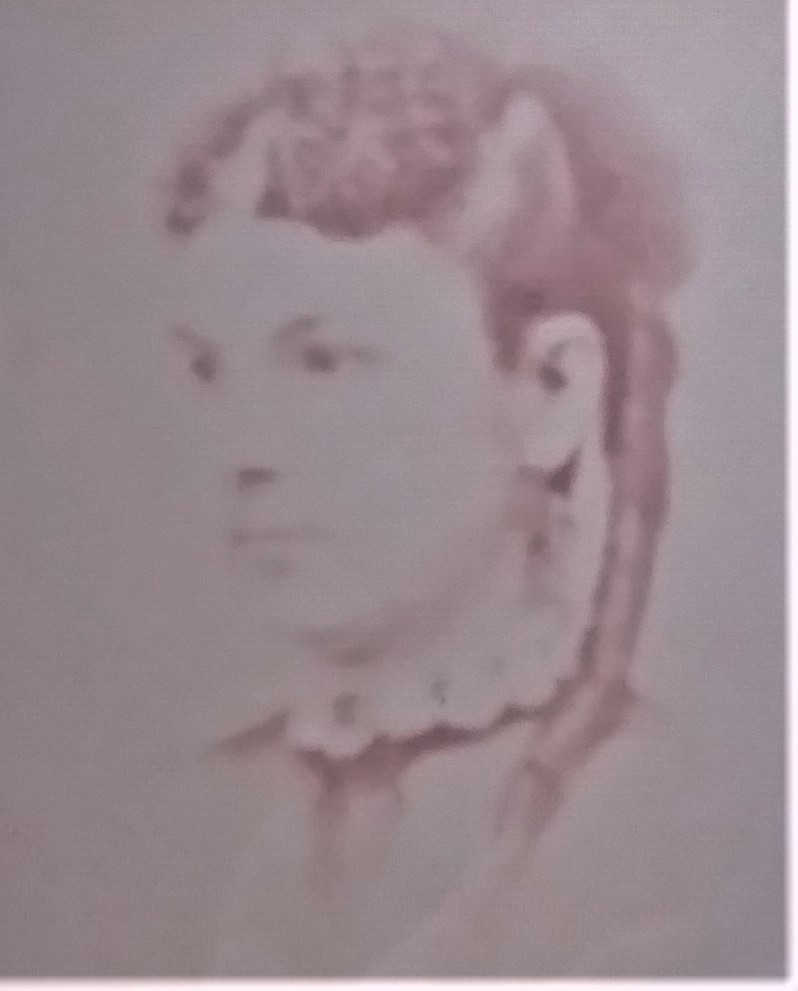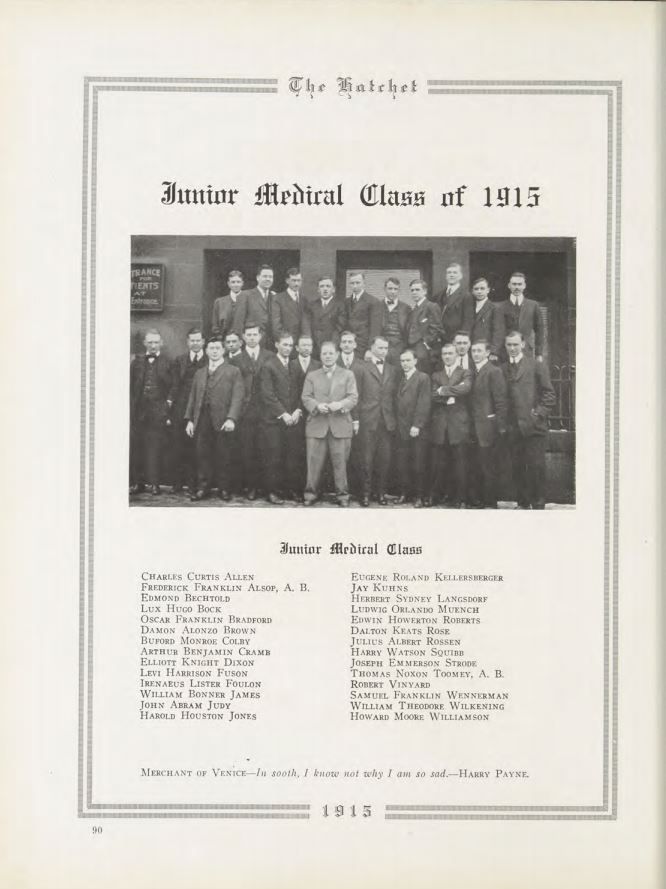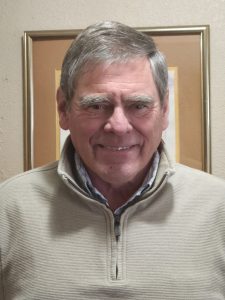
There is a need in communities to get abandoned and vacant properties to land purchasers that can improve the property.
To this end, the Fort Scott Land Bank was initiated in 2018 and last month a manager for the program was hired.
“Vacant and abandoned properties have negative spillover effects that impact neighboring properties and, when concentrated, entire communities and even cities. Research links foreclosed, vacant, and abandoned properties with reduced property values, increased crime, increased risk to public health and welfare, and increased costs for municipal governments,” according to https://www.huduser.gov/portal/periodicals/
Pat Bishop has been appointed manager of the Fort Scott Land Bank. The appointment was effective as of January 1, 2023.
Bishop now is responsible for acquiring unused properties and maintaining them, pending transfer to a new owner.
His most important responsibility will be the sale or transfer of properties to buyers through setting up the framework for the clearing of title, negotiation of the purchase price and negotiation of the development agreement, he said.
All of the responsibilities are subject to the approval of the Land Bank Board of Trustees.
The City of Fort Scott and Bourbon County government entities share the salary for the position which is $20,000 per year.
“My hours are 1 -5 p.m. Monday through Friday, though I am available at all times,” Bishop said.
Bishop and his wife, Cathy, have lived in Fort Scott for 44 years and he was a practicing attorney in Bourbon County for 29 years.
Bishop has been integral in the preparation of the legal documentation necessary for the last two Bourbon County tax foreclosure sales, working with the Bourbon County Counselor, and therefore is familiar with the acquisition process, he said.
Bishop may be contacted at 620-224-6962. His email address is [email protected].
Bourbon County has provided Mr. Bishop an office in the courthouse located at 210 S. National.
The job requires that he be out of the office quite often, and contact is recommended via phone or email, he said.
What the Fort Scott Land Bank Does
“In 2018 the City of Fort Scott established the Fort Scott Land Bank,” Bishop said. “The purpose of the Land Bank is to acquire title to dilapidated, vacant or unused properties and convert them to productive use.”
These properties do not contribute to the tax base, and in addition create fire and safety hazards and reduce the value of surrounding properties, he said.
Most of the properties are acquired through Bourbon County tax foreclosure sale, though properties have been and may be donated to the Fort Scott Land Bank.
“At this point in time the Land Bank has 49 Fort Scott properties in its inventory,” Bishop said. ” All these properties are either vacant lots or structures in need of repair.”
The Land Bank determines the best usage for a property, he said.
Points considered for the usage for the property are the neighborhood, the size of the lot, and the condition of any structures, he said. And there is an attempt to sell the property for value in accordance with a development agreement between the Land Bank and the purchaser.
The agreement will require the developer to improve the property, such as building a house or remodeling an existing structure, within a given period of time, according to Bishop. If the developer fails to comply with the terms of the agreement, the property reverts to the Land Bank.
When the property is purchased, the Land Bank is required to maintain the premises, such as mowing, and may have to cause an unsafe structure to be removed, he said.
“The decision to sell land bank property will not be determined solely on the basis of purchase price,” he said. “The Board of Trustees will consider the proposed usage,” he said.
The construction of housing on a property is the most important consideration as there is a scarcity of affordable housing in Fort Scott, Bishop said.
“Other priorities in the following order are: protection of properties for historic preservation, government or public use, ownership by non-profits, such as a church, ownership by adjacent property owners for side-lot acquisitions and green or garden spaces for public benefit,” he said.
Fort Scott Land Bank Board of Trustees
The Fort Scott Land Bank Board of Trustees are appointed by the Fort Scott City Commission and presently consists of Craig Campbell, Chairperson; Robert Coon, Vice Chairperson; Bailey Lyons, Treasurer; Josh Jones, (City Commissioner) Jim Harris, (Bourbon County Commissioner), Rob Harrington (Bourbon County Regional Economic Director) and Patrick Wood.
